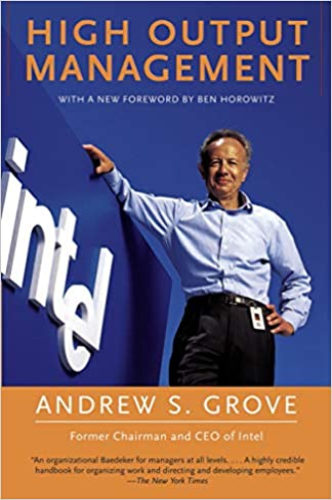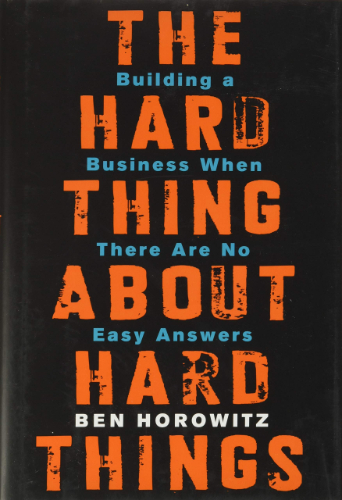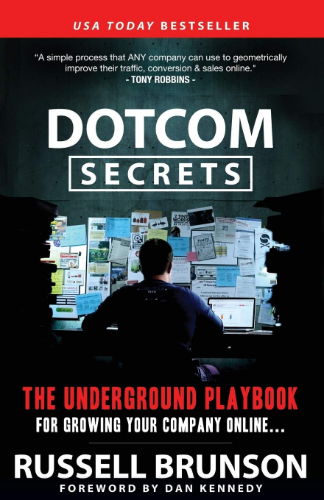Thinking in Bets by Annie Duke: Summary and Notes

One sentence summary: Thinking in Bets is a practical guide to making decisions even when the odds are against us.
One Paragraph summary: Thinking in Bets by Annie Duke is a book that teaches how to make intelligent decisions when you don’t have all the facts. Annie offers tips on overcoming shortcomings in decision-making and ultimately making wiser decisions in life. She shows us that uncertainty doesn’t have to make us feel stuck in our decision-making process
Favorite quote from the author:
Main takeaways from Thinking in Bets by Annie Duke
Annie’s experience as a poker player and her observation of other professional players helped her see the game as an analogy for sound decision-making. Here are some of the lessons readers can learn from this book:
-
Avoid resulting
-
Use uncertainty to your advantage
-
Every decision is a bet
-
Accountability can help you become a good decision-maker
-
Sharing is winning
Lesson 1: Avoid resulting
Resulting is the human tendency to assume that a quality decision will always lead to a quality outcome. Resulting is dangerous because it is usually based on the assumption that a person that didn’t get a favorable outcome after making a decision automatically had to have made a poor decision. It is important to realize that it is possible to distinguish good decision-making skills from the presence of luck. Sometimes good luck can contribute to a favorable result, and a lack of luck could cause a well-planned out decision to turn out poorly.
Our brains are designed to use past experiences to predict future events. This default state often causes us to make quick and often unprocessed decisions from a closed-minded and dismissive place. Possessing the skill of execution is more important in decision-making than being talented.
Annie argues that many people see life as chess when it’s in fact, more like poker. Comparing life to chess can be considered inaccurate because chess does not contain a lot of hidden information. Like poker, real-life involves many concealed factors that are out of our control. Poker can therefore offer a better decision making we can learn from.
“In chess, decisions correlate more tightly with decision quality. In poker, it is much easier to get lucky and win, or get unlucky and lose.”
Lesson 2: Use uncertainty to your advantage
“Admitting that we don’t know has an undeservedly bad reputation. Of course, we want to acquire knowledge, but the first step is to understand what we don’t know.”
The beginning of any good decision-making process is understanding the possibility that you may not have all the answers you need to make the most information you want to. This is the kind of possibility that makes you an open-minded decision-maker that can explore a wide variety of options and come across many possibilities that weren’t obvious to you before.
To define this position of perfect readiness, Allen gives an analogy of water.
What good poker players and good decision makers have in common is their comfort with the word being in an uncertain and unpredictable place. They understand that they can almost never know exactly how something will turn out. They embrace uncertainty and, instead of focusing on being sure, they try to figure out how unsure they are, making their best guesses at the chances that different outcomes will occur.”
In decision-making, unwanted results are considered wrong. An alternative perspective is to understand that the least likely outcomes are the ones that occur, and this doesn’t necessarily make the outcome wrong.
Lesson 3: Every decision is a bet
“In most of our decisions, we are not betting against another person. Rather we are betting against all the future versions of ourselves that we are not choosing.”
One skill that can be developed to help us learn how to be great decision-makers in the middle of uncertainty is the ability to examine our beliefs. Believing the worst involves using past events to try to anticipate the worst present case scenario. Inversely, believing the best involves analyzing past events to find the possible ways positive things can happen. Negative beliefs generally yield negative outcomes, and positive beliefs often give birth to positive outcomes.
This is how we think we form our beliefs:
-
We hear something
-
We think about it and then determine whether if it is true or false
-
We form our belief
This is how we ACTUALLY form our beliefs:
-
We hear something
-
We believe it to be true
-
Only sometime later, if we have the time or the inclination, we think about it and then determine whether it is true or false
Our pre-existing beliefs influence the way we see the world and the way we make decisions. Smart people can be worse when it comes to holding on to biased beliefs that lead to fixed decision-making.
Here are important questions we could ask ourselves in a bid to vet our beliefs:
-
How do I know this?
-
Where did I get this information?
-
Who did I get it from?
-
What is the quality of my sources?
-
How much do I trust them?
-
How up to date is my information?
-
How much information do I have that is relevant to the belief?
-
What other things like this have I been confident about that turned out not to be true?
-
What are other plausible alternatives?
-
What do I know about the person challenging my beliefs?
-
What is their view of how credible my opinion is?
-
What do they know that I don’t know?
-
What is their level of expertise?
-
What am I missing?
Incorporating uncertainty in the way we think about the way we believe creates open-mindedness, moving us toward a more objective stance toward information that disagrees.
Lesson 4: Accountability can help you become a good decision-maker
Thinking in bets is often easier with people to help you on the path of truth-seeking in decision making. It is important to have a go-to group of people with a common interest in thinking in bets.
-
A focus on accuracy (over confirmation), which includes rewarding truth-seeking, objectivity and open-mindedness within the group
-
Accountability for which members have advance notice
-
Openness to a variety of ideas
Once we are in a group that regularly reinforces exploratory thought, the routine becomes reflexive, running independently.
Accountability is a willingness or obligation to answer to others for our actions or beliefs. A bet is a form of accountability because one can always be held accountable for what they believe and what they say.
Lesson 5: Sharing is winning
Experts become experts by sharing data. They recognize that the more detail they provide, the better assessment of decision quality they get.
Don’t shoot the messenger. Don’t ignore an idea just because you don’t like who or where you come from. The accuracy of the statement should be evaluated independently of its source. Universalism requires open-mindedness. This helps you learn from others who are doing well, even if they are your opponents, instead of merely complaining about how lucky they are. Skepticism is about approaching the world by asking why things might not be true rather than why they may be true. It’s a realization that, while there is an objective truth, not everything we believe about the world is true.
Thinking in bets encourages skepticism by encouraging us to examine what we do and don’t know and what our level of confidence is in our beliefs and our predictions.
Here are some ways to communicate to maximize our ability to engage in a truth-seeking way with anyone:
-
Express uncertainty: If we start by making clear our uncertainty, our audience is more likely to understand that discussions held do not always have to be about right or wrong but about openness to different perspectives.
-
Lead with assen:Everyone likes to be affirmed. If we want to engage with someone we disagree with, they will be more open and less defensive if we start with those areas of agreement because it is rare that we will disagree with everything that someone has to say. Avoid the language of no. Use ‘and’ more than you use ‘but’ in an expression of possibly polarizing ideas
-
Ask for temporary agreement to engage in truth-seeking:Whenever one is offloading emotion to us, we can ask them if they are looking to vent or if they are looking for advice
-
Focus on the future:Rather than rehearsing what has happened, try engaging about what one might do so that things will turn out better going forward
Wrap Up
The central idea from the book is that the influence of luck is a major factor that affects the outcomes we get, no matter how skilled we are. By admitting that we sometimes have moments of uncertainty and unsureness, we begin to build our decision-making muscles by embracing positive beliefs, reevaluating how we perceive wrongness, seeking accountability, and sharing what we know to learn what we don’t know.
Who Would I recommend the Book To?I recommend this book to people who desire to learn how to make good decisions in uncertain situations.
GET THE BOOK ON AMAZONRate this book!
This book has an average rating of 5 based on 2 votes.









































